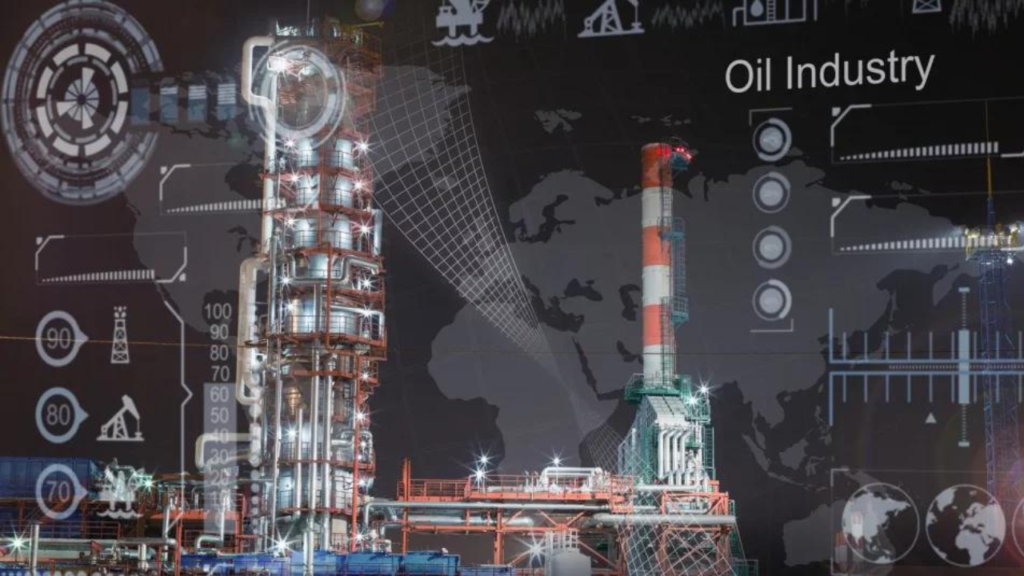
A Plan for Breaking Out of Maintenance Budget Jail
I wrote this column for those who want to improve equipment reliability but feel as if they are stuck in “budget jail”. Assuming your fiscal year starts January 1, November and December is the time to plan your jailbreak! Most of you understand what I mean by budget jail. In fact, you are probably in the process of trying to pick the lock. For those who don’t know what I mean, I’ve listed some signs of what a budget jail look likes…











